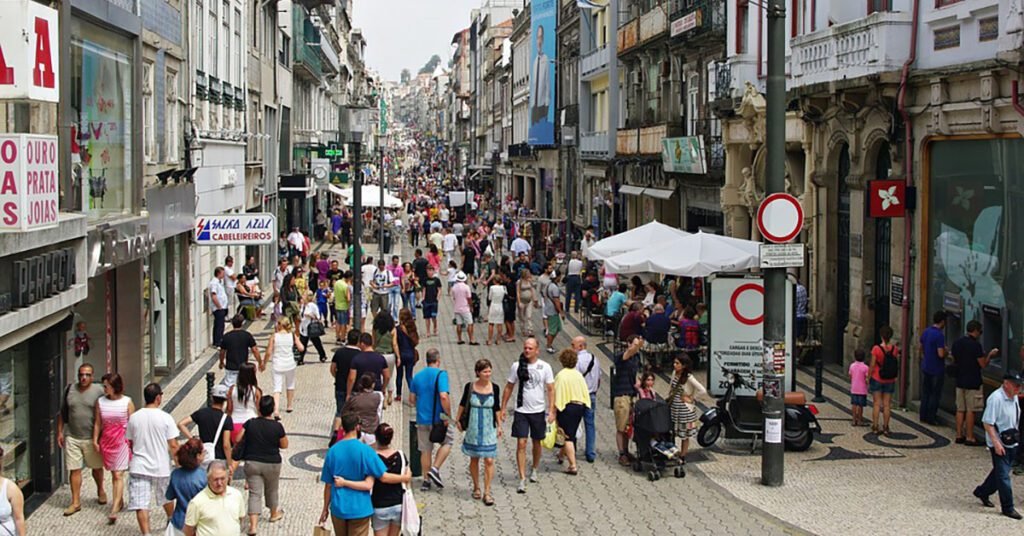Apart from the intonation, we can use certain expressions or words to emphasize all or part of the phrase.
These expressions of words can be taken out of the phrase without changing the meaning, as they serve to give the message more expression, emphasizing certain elements. With them, we can convey feelings or the opinion of the speaker.
The expression ‘é que’ is most probably the first of these expressions that learners encounter when learning Portuguese and many wonder about its meaning and use.
As mentioned above, expressions like ‘é que’ doesn’t really carry information but it´s used to emphasize the elements that come before them. Typically, we used it in questions after the question word.
Como é que te chamas?
What is your name?
Apart from its function, there is a particular aspect regarding this expression. Depending on the word order, this expression may be optional or mandatory.
When we have the following order (Question Word + Verb + Subject), the expression ‘é que’ is optional.
Onde mora ele? or Onde é que mora ele?
Where does he live?
On the other hand, when the subject come after the question word (Question word + Subject + Verb) , the expression ‘é que’ is mandatory. Otherwise, the question will sound unnatural.
De onde é que ele mora?
Where does he live?
It´s important to state that all three questions mean the same: ‘Where does he live?”.
Even though we don´t mean to emphasize, this third option is many cases the one preferred, that´s why it´s so commonly heard.
Together with questions, ‘é que’ is used with statement that include questions words and after nouns.
Pergunta-lhe como é que ele faz isso.
Ask him how does he do that.
Ele é que faz o almoço.
He makes the lunch.


